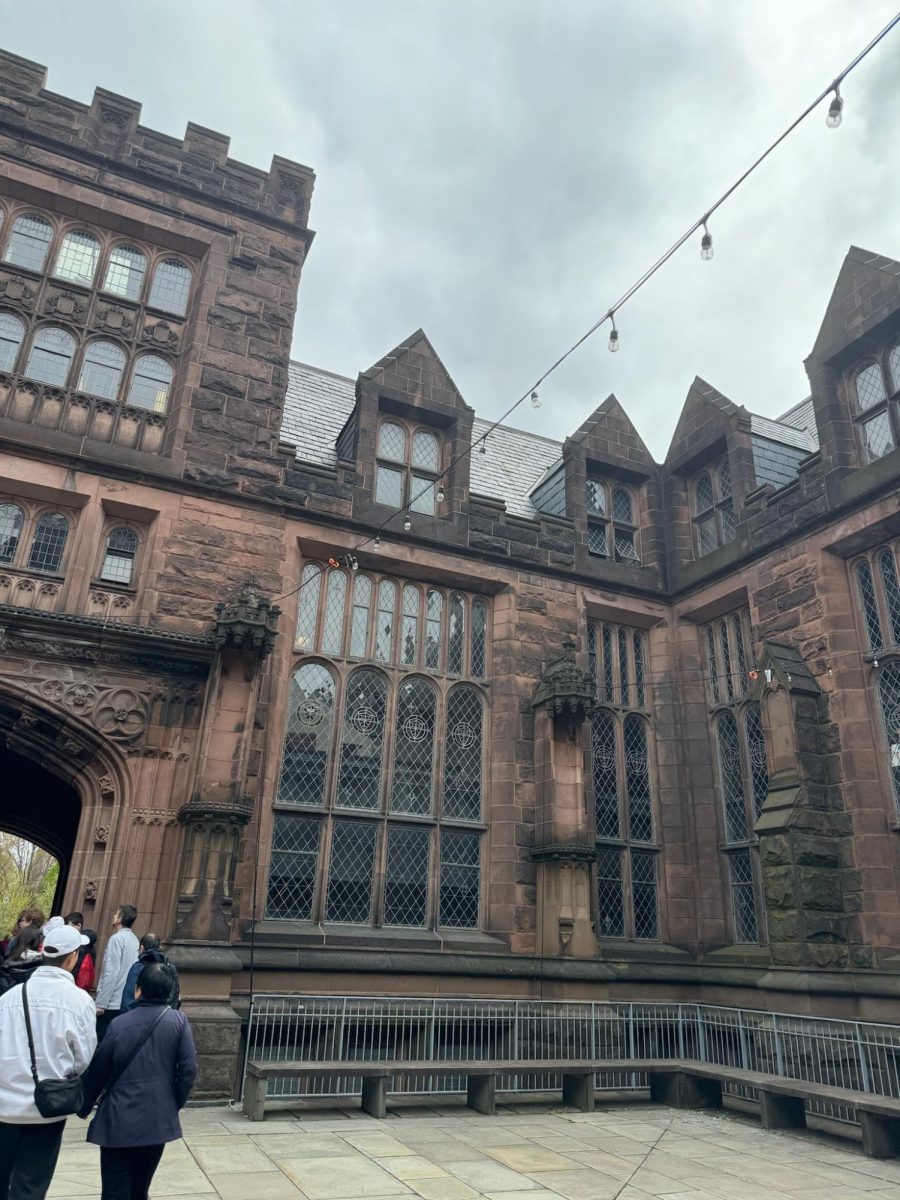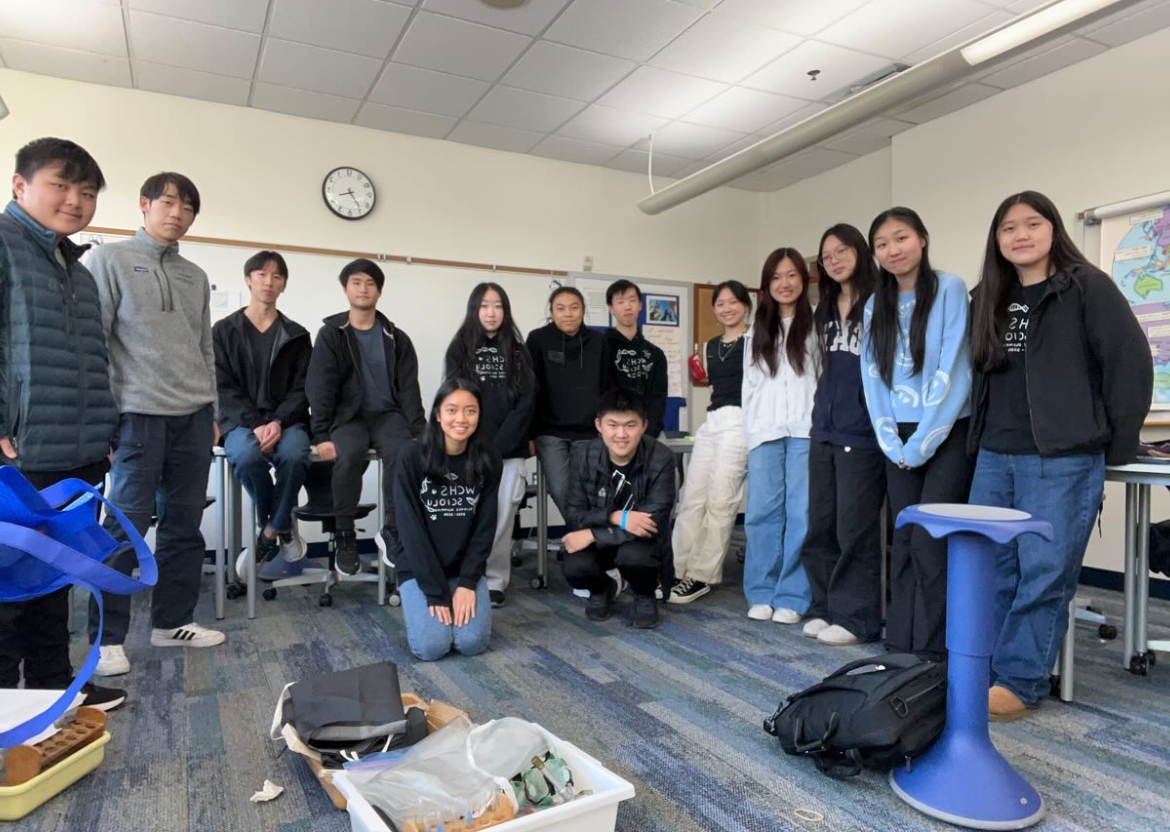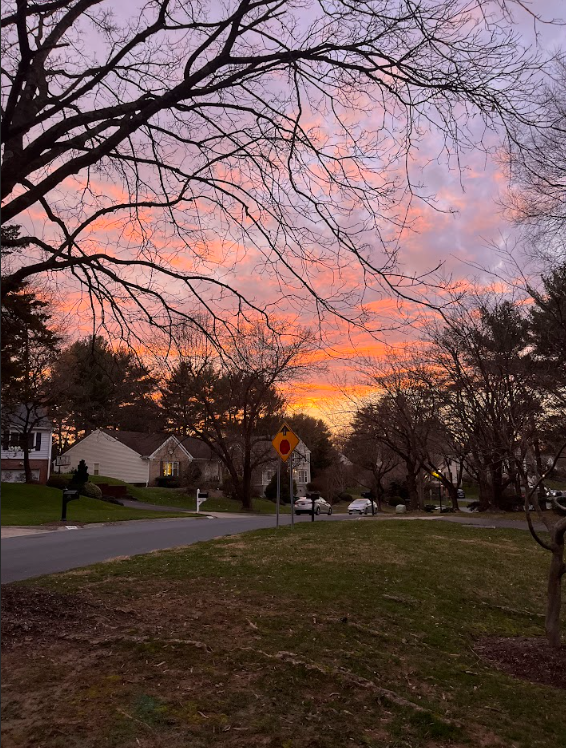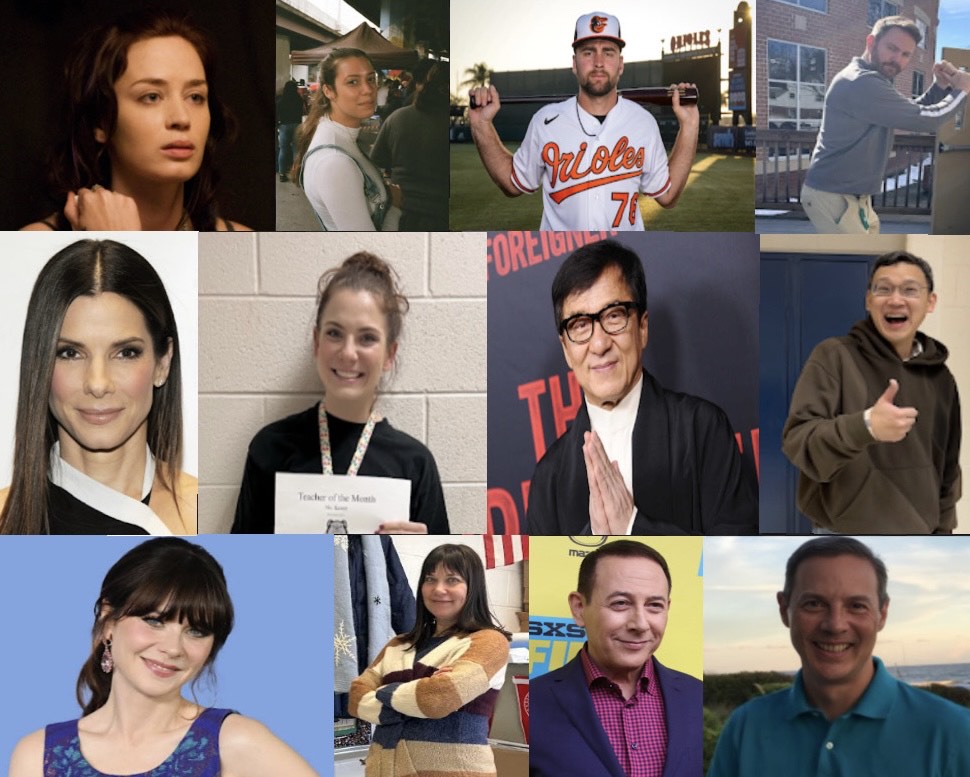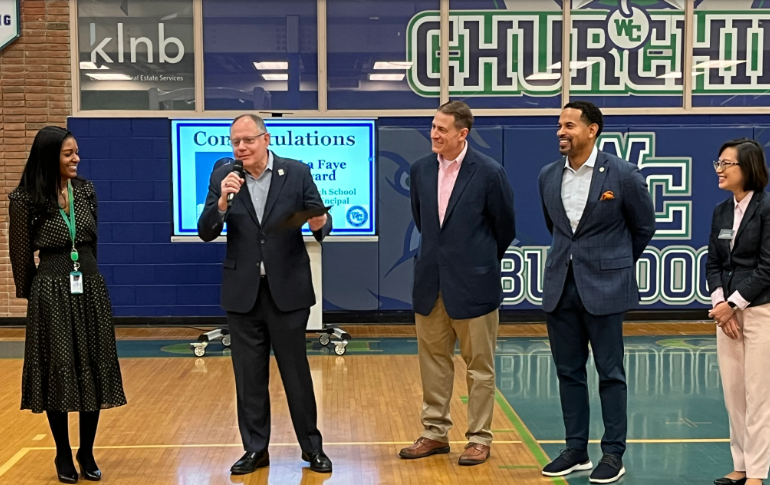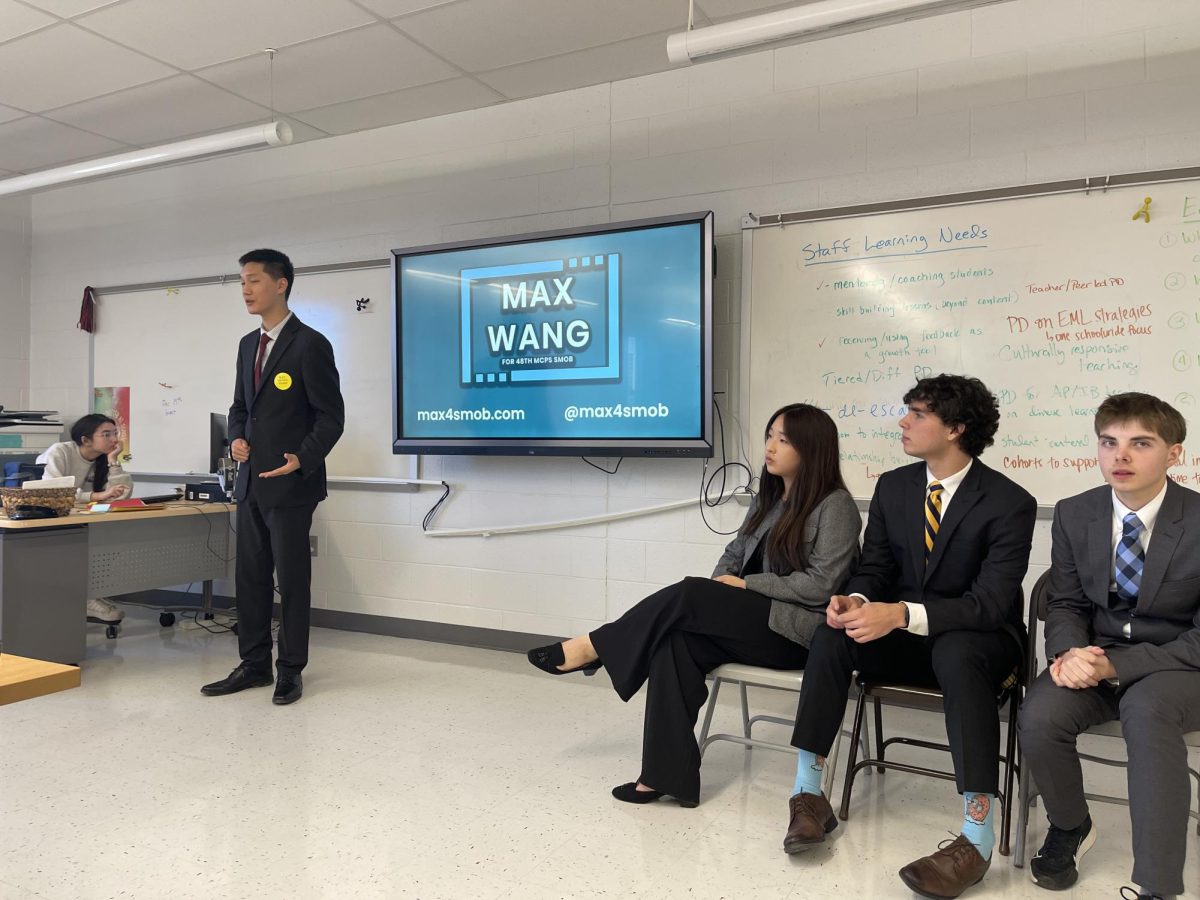Many students know and love the gust of wind and the feeling of carelessness that speed brings. Feeling the lightness of the air and the rush of 100 mph—it’s the type of adrenaline kids our age would crave. It was also the last thing Jeremy Newman felt before he hit the ground and saw black.
It’s easy to laugh and write off the Be the Change campaign, but whether you admit it or not, everyone bullies someone at one point. Whether it’s whispering behind someone’s back about their clothes, mocking someone silently in class or vandalizing someone’s car—it’s a cycle CHS students are well-accustomed to. But it can lead to consequences. Consequences we don’t think of, consequences we don’t necessarily see.
According to world-renowned triathlete Jeremy Newman, who spoke to CHS students Sept. 21 during lunch, those who bully know deep inside when they bully that what they’re doing is just mean. He’s done it; he’s felt it. But he knows they’ll do it anyway.
“Listening to what you’re feeling is the most important thing,” Newman said. “When you do good, you feel good. Inside, when [you] bully, you know you don’t feel good.”
Newman, born and raised in New York City, suffered a traumatic childhood filled with abuse and ridicule. After losing an alcoholic father to suicide, his mother remarried another alcoholic who physically abused him, and before he was 10 years old he was sexually abused by a family friend.
According to Newman, he had no friends and was bullied so badly that no one would talk to him out of fear of getting bullied. His senior year of high school, however, he had trained in martial arts and tried to stick up for kids who were picked on. However, he admits he bullied some kids too, as part of a cycle which is common with most bullied kids.
After graduating, he became a personal trainer and experienced success that not only went to his head but made him dangerously reckless. He worked at nightclubs and bought a motorcycle and violated so many laws with a suspended license that warrants were out for his arrest, and “policemen knew the sound of [his] motorcycle.” He amassed enough violations that he had to escape to California—where he continued to violate more laws. At one point, he engaged in a 45-minute police chase in which he was smuggling an unlicensed loaded weapon. It ultimately led to a 56-day sentence in a county jail for evading arrest, which post-OJ Simpson was a big deal, according to Newman.
Because of his actions, Newman cannot vote, work with children or work for the government, consequences he hadn’t foreseen.
After getting out on probation, Newman then found a new hobby: skydiving. With a friend, he jumped out of a plane 30,000 feet high and, in his reckless daze, decided to compete to see who could get to the ground faster. He ended up entirely closing his canopy and didn’t pull out the reserve sheet because, according to him, it would have been a weakness, a feeling of being “ostracized as a child [that] came back to him”—a feeling that stemmed from years of resentment built up from when he was in school and felt isolated.
He hit the ground at 100 mph and saw white. Newman ruptured his aorta in three places, his heart stopped, and he had to undergo major surgery which killed the nerves in his legs, paralyzing him from the waist down. He was never expected to eat or breathe on his own again. Instead, he has been in nine wheelchair world championships over 13 years for swimming, biking and running. He is also a public speaker and has travelled the world.
“I live this extraordinary life,” Newman said. “Nothing is a stop—only [an] obstacle.”
Newman supports the BTC campaign and stands for something we all know but conveniently neglect. We are capable of anything and can make things easier on ourselves and others. Students give into peer pressure under the excuse that Potomac is fake and judgmental, but Newman came back from a near-death experience to be on top of the world. What’s our excuse? Why can’t we stop being cynical jerks? Nobody gets slammed into lockers, but everyone thinks it’s acceptable to laugh at the kid who’s different, and everyone complains about a reputation we brought on ourselves.
“Anything we want is possible, only we stop ourselves,” Newman said. “Be the change is true. You can change your life into anything.”
Newman says one of the best experiences of his life came at his 10-year high school reunion. A student he didn’t even remember came up to him and thanked him for sincerely sticking up for him one day when was being bullied.
“It feels so good,” Newman said. “These are powerful lessons.”
As students, we have so much power. Power to just smile at someone, or say hi, or power to just not give in and make a rude gesture or remark. Newman, after all he suffered, wouldn’t change anything that happened to him—it only made him stronger. But he would change one thing.
“I would only change the pain I caused other people,” Newman said.


